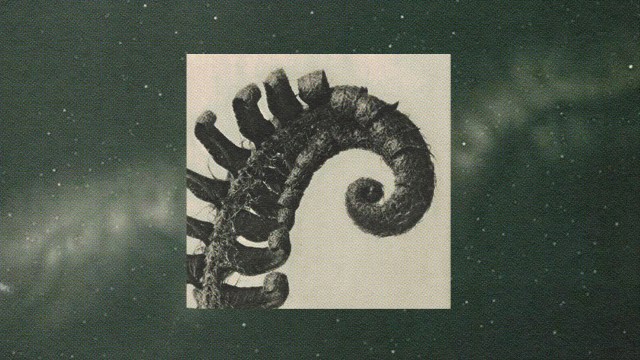
Sign up for the Smarter Faster newsletter
A weekly newsletter featuring the biggest ideas from the smartest people
Sara Imari Walker is not messing around. From the first lines of the physicist’s new book, Life As No One Knows It, she calls out some big-name public intellectuals for missing the boat on the ancient, fundamental question, “What Is Life?” Subtitled The Physics of Life’s Emergence, one of the book’s major themes is a critique of the orthodox view in the physical sciences that life is an “epiphenomenon.” This is the argument, often heard in mainstream popular science, that life is a kind of illusion. It’s nothing special and fully explainable by way of atoms and their motions. Walker’s rebuttal to these arguments is bold, bracing, and a long time coming.
I first met Walker at the famous 2018 “NASA and Technosignatures” meeting where the space agency called a bunch of us together to brainstorm new methods in its search for intelligent life beyond Earth. I was deeply impressed by her creativity, insights, and just how much fun it was to talk with her. Diving into her papers, I found a view of life on Earth (and elsewhere in the Universe) that changed my thinking on both subjects.
In the standard physics perspective on life, living systems are fully reducible to the atoms from which they are constructed. If you know the laws those atoms obey, you are done. The rest is just details. Advocates of this view will concede that, yes, those details are complicated. Still, they will argue, nothing fundamentally new is needed to explain life. If you had God’s computer you could, in principle, predict everything about life via those atoms and their laws.
Walker is not having any of this. For her, the key distinction between life and other kinds of “things” is the role of information.
For Walker and those who share her views (like me), life is the only physical system that uses information. While it’s possible to describe a rock in terms of the information in its crystal structure, the rock doesn’t care. The physics of the rock doesn’t require the informational view because information is not needed to account for the rock’s behavior. Life, however, is a different ballgame. Life needs information. It senses it, stores it, copies it, transmits it, and processes it. This insight is, for Walker, the way to understand those strange aspects of life like its ability to set its own goals and be a “self-creating and self-maintaining” agent.
In the first half of the book, Walker lays out her path toward this perspective. She recounts how her graduate advisor — none other than my friend, co-conspirator, and co-founder of 13.8 Marcelo Glieser — defined three problems that began her questioning: the origin of matter, the origin of life, and the origin of consciousness. These are the heart of truly “Big Picture” science, and they haunted Walker throughout her early scientific career. Later, with her post-doctoral mentor Paul Davies, she worked to find an approach to those big questions that could reveal what the real problem was. Why did all attempts to reduce life to “nothing but” matter fail? That was where her informational view of life began.
As Walker writes: “Paul Davies and I aimed to identify which aspects of life will prove too stubborn in attempts for reduction to known physics and chemistry. […] What we came up with, stated most bluntly, directs attention to the question: How is it that information can cause things?”
[T]reating living agents as some kind of illusory sideshow to a fictional “theory of everything” is a foundational mistake.
She next plays out a lovely rhetorical exercise where she asks the reader to turn the page. On that next page is a single line asking the reader to turn the page again. In this way, she demonstrates concretely how information which began in her mind can cause something to happen in the physical world (you turning the page). What she wants to show is that life is the means through which information becomes causal and the only place this kind of causation can happen is in and through living agents (and perhaps artifacts they create a ’la AI). Information, fundamentally, is what makes life so different.
The second half of the book begins Walker’s explanation of exactly what she believes follows from this recognition, something she and her collaborators call assembly theory. I am going to cover that constellation of ideas in another post. What matters for now is the power of this information-centric view for reframing so much of what happens at the frontiers of physics. As Marcelo, Evan Thompson, and I wrote about in our recent book, The Blind Spot Why Science Cannot Ignore Human Experience, treating living agents as some kind of illusory sideshow to a fictional “theory of everything” is a foundational mistake. I expect there will be many approaches to undoing this mistake and placing the “aliveness” of life as science’s central question. Walker’s emphasis on information, however, stands out as a promising and paradigm-busting path to that goal. It’s also why Life as No One Knows It is an essential read.
Sign up for the Smarter Faster newsletter
A weekly newsletter featuring the biggest ideas from the smartest people
